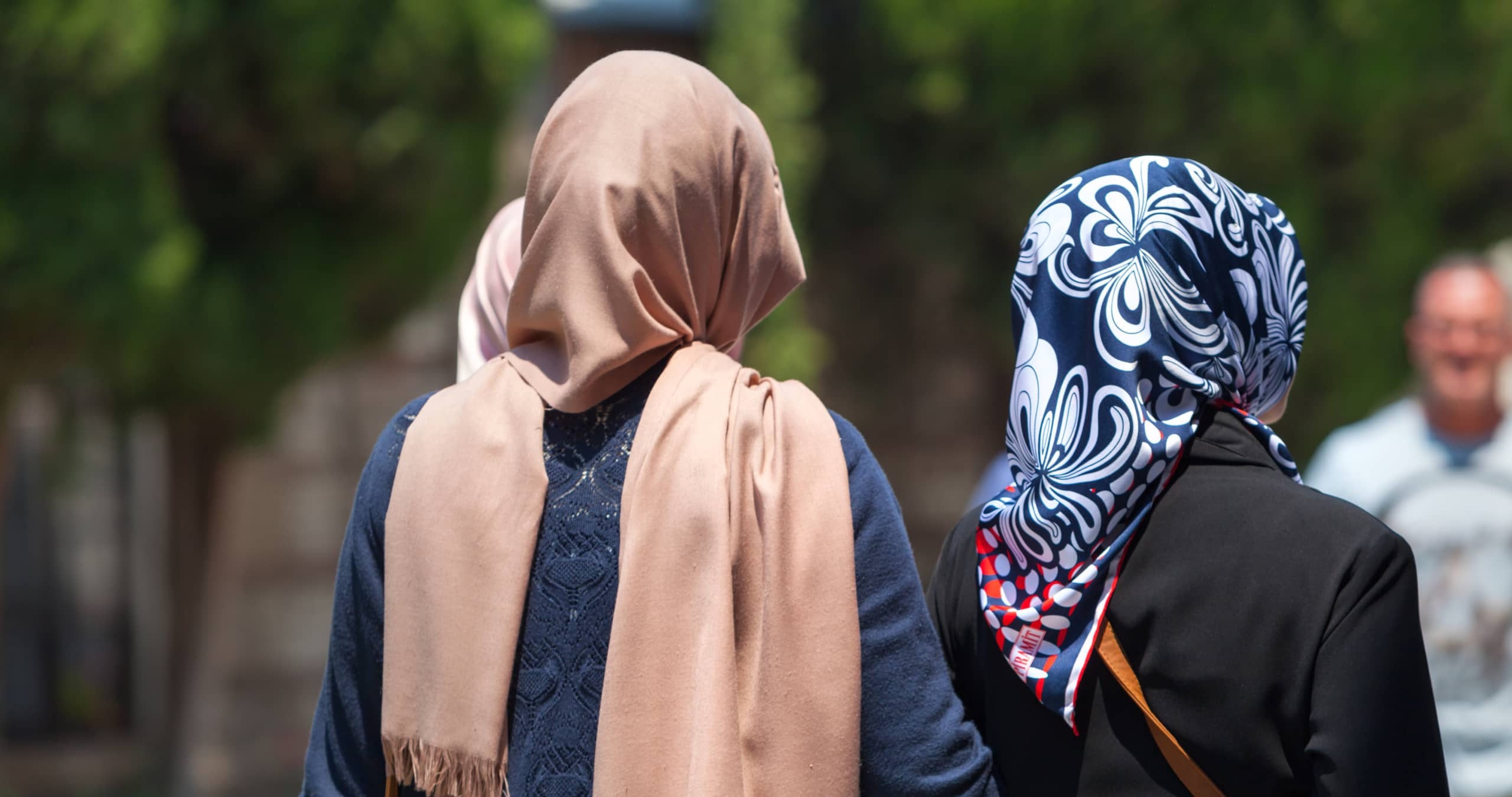What Is the Ruling on Normal Vaginal Discharge in the Shafi’i School?
Shafi'i Fiqh
Answered by Ustadha Shazia Ahmad
Question
I have seen conflicting opinions about normal discharge breaking wudu. I feel like male scholars don’t understand the issue. No matter how thoroughly I wipe the area, the organ is always somewhat damp. Does that dampness (clear/watery) and not related to arousal or such nullify wudu?
Answer
Assalamu alaykum,
Thank you for your question. Although a man does not experience this for themselves, the true scholars of Islam understand these discharge issues, and we, women, have taken our knowledge of it from them, may Allah be pleased with them.
In the Shafi’i school, this is the breakdown.
As for normal healthy discharge (rutubat al-farj), it is white or clear and regularly exits from a woman, is visible when squatting. This area is washed when cleaning oneself after using the bathroom (istinja’). Some scholars say this is like the sweating of the vaginal walls. This discharge does not nullify the ritual ablution (wudu) and is pure.
There is another regular, healthy, clear, white discharge (rutubat al-farj) that exits from a little deeper in the vagina. This area is not obligatory to wash when using the bathroom, and the male private part reaches this area. This discharge is also pure, but when it exits, it nullifies ritual purity (wudu). [Ibn Hajar]
Imam al-Ramli considers this impure but excused.
Another discharge exits from deeper within (i.e., not reached by the male private part); it is considered impure (najis), and when it exits, its nullifies ritual purity (wudu). [Tuhfa al-Muhtaj, p.45] This is usually more sticky and clumpy.
If one doubts what kind of discharge she has, she assumes that it’s pure. [Imam al-Ramli]
Because of her doubt, it is more religiously precautionary to perform a new ablution instead of praying on the ablution from the previous prayer. With this doubt, there is no need to purify her clothes before praying.
I hope this helps.
May Allah give you the best of this world and the next.
[Ustadha] Shazia Ahmad
Checked and Approved by Shaykh Faraz Rabbani
Ustadha Shazia Ahmad lived in Damascus, Syria, for two years, where she studied aqidah, fiqh, tajweed, Tafseer, and Arabic. She then attended the University of Texas at Austin, where she completed her Master’s in Arabic. Afterward, she moved to Amman, Jordan, where she studied fiqh, Arabic, and other sciences. She recently moved back to Mississauga, Canada, where she lives with her family.
